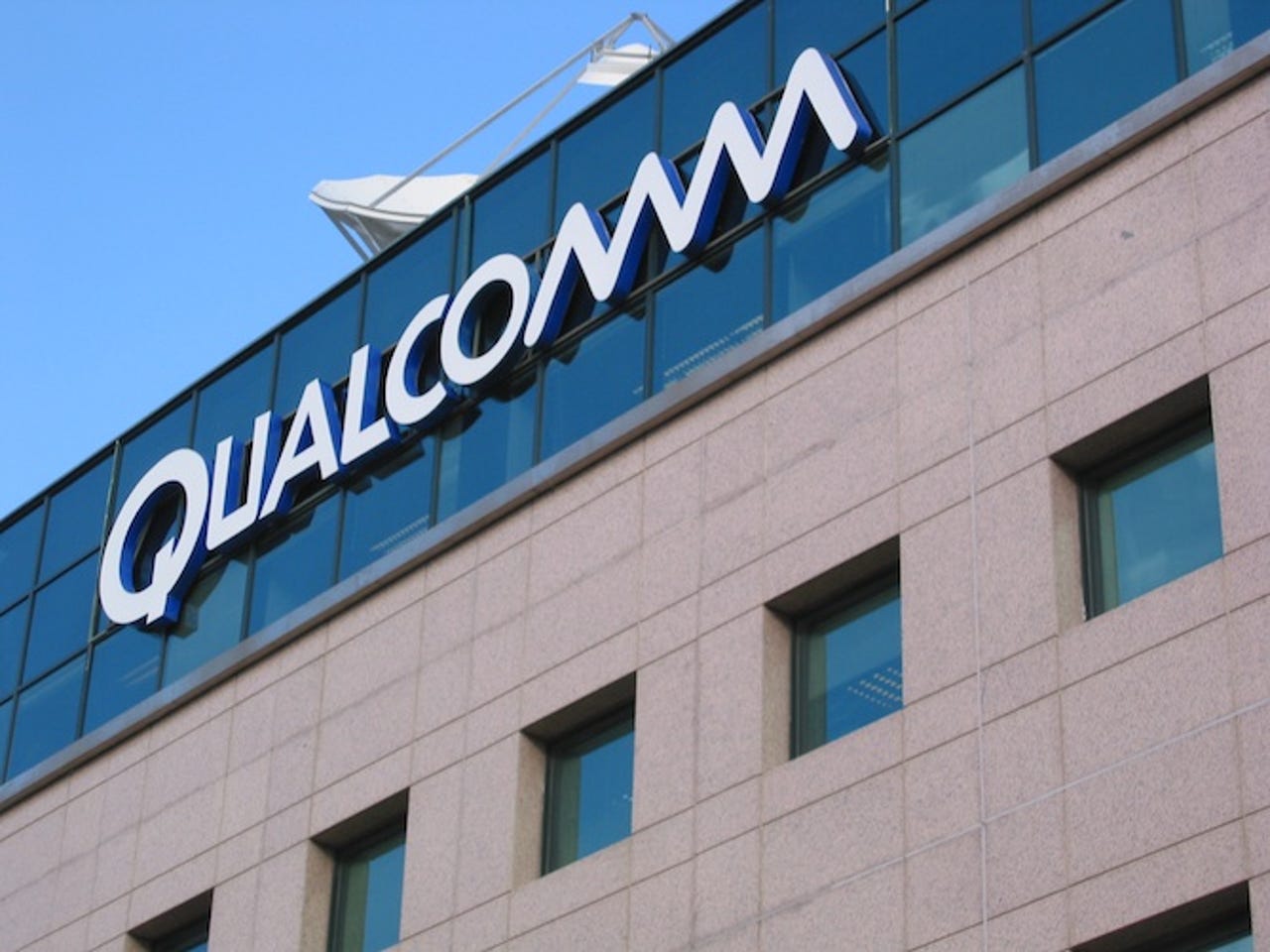Qualcomm to Intel: Bring on your best mobile game


According to Qualcomm CEO Paul Jacobs, the tech world is now about a single universe of devices, rather than the previous setup where computers, smartphones, tablets, and internet-of-things hardware — connected refrigerators, cars, washing machines and the like — existed in separate universes.
Speaking to reporters at Qualcomm's IQ-Israel Developers Event in Tel Aviv recently, Jacobs said that he was keeping a close eye on manufacturers and tech giants traditionally identified with one of those universes – such as Intel – as they tried to gain a foothold in mobile, Qualcomm's traditional turf. "I watch Intel and I worry about them a lot," Jacobs said. "We will have to wait and see what develops there."
And there has been plenty developing: take the announcement by Intel this week on the release of its fourth generation Intel Core processor family, known as Haswell, for example.
At a press conference on Monday, Uri Frank, director of Haswell development at Intel Israel, described his team's contributions to Haswell, among them the processors' connected standby capability.
If a Haswell-equipped laptop is connected to the internet, it will be able to download email, among other things, while it sleeps, using just a small amount of energy. "The Haswell devices will be able to remain online and synchronise all the time, just like a phone," he said.
Phones, too, are on Intel's mind elsewhere: it recently announced both its latest Atom 22nm system-on-a-chip and the XMM 7160 modem, designed for global roaming in a range of devices (including the Bay Trail-based tablets likely to be introduced towards the end of the year).
While Intel may be increasing encroaching onto Qualcomm's turf, Qualcomm itself has been dabbling in other universes.
The company's Snapdragon 800 processors, for example, are designed for "smartphones, tablets, compute devices and consumer electronics", while Qualcomm's Vuforia platform "enables augmented reality (AR) app experiences, allowing you to write a single native app that can reach the most users across the widest range of smartphones and tablets".
And just like Intel, Apple, and the rest, Qualcomm has a deep interest in the internet of things which, the company says, "is populated by products that run the gamut from smart computing devices to simple machines that have 'smart' capabilities because of the network and services to which they connect".
Intel's announcements this week just sharpen the competition between the tech giants — and if Intel wasn't specifically a competitor of Qualcomm's before, it could certainly qualify as one now. And Jacobs is cool with that. "Having Intel in the mobile space will make us do better work as well. And you see that mobile has made Intel pick up its game as well," he said.
As you might expect, however, Jacobs reckons Qualcomm still has the drop on its rival. "The pace of node transition today is very fast, and Intel is trying hard to create an advantage with more advanced designs and technology," he said.
But Qualcomm, as a fabless chip maker, doesn't have to go through a lot of the headaches Intel, with its numerous fabs, has to deal with. "The fabless industry has a plus, as it has more flexibility than Intel's copy and paste manufacturing model,” Jacobs said.
In the end, he said, Qualcomm, Intel — and Apple, for that matter — would all have offerings in the same space. "Intel is trying to make forays into mobile, and we are making forays into computing. Does that make us or them a mobile, device, or computing company? It depends on how you look at it."
One area where Qualcomm directly competes with Intel — and with Apple — is in getting qualified engineers. Intel, of course, has thousands of employees in Israel, but both Qualcomm and Apple have R&D facilities here too, and the local outfit has to worry about attracting top engineers. It's a dilemma Qualcomm faces in the US and elsewhere, Jacobs said.
"Money, of course, is a big part of attracting engineers, but I have found that workers are also motivated by the opportunity to do great work and change the world. And that is something Qualcomm has over both Intel and Apple — the ability to do work and impact the lives of many people in a short time. Go to rural Africa, for example, and you will see a plethora of Qualcomm-tech equipped devices. Apple and Intel can't say that; they just don't have the reach we do. You won't see an iPad in those rural African shops."